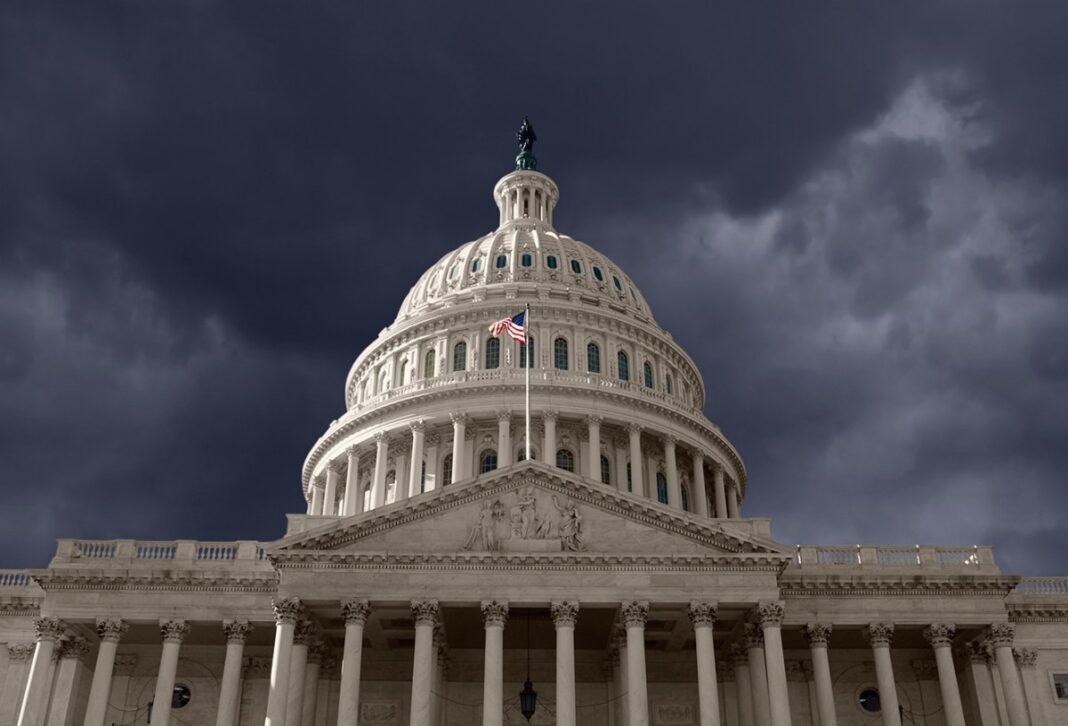Social Media Platforms Enhance Measures to Prevent AI Training Through Data scraping
Mastodon Implements Stricter Rules Against Unauthorized AI Data Usage
Following a growing trend among social networks, the decentralized platform Mastodon has updated its terms of service to explicitly ban the use of user-generated content for training artificial intelligence models.This move comes shortly after X, formerly known as Twitter and owned by Elon Musk, introduced similar policies aimed at halting automated data scraping and harvesting for AI purposes.
The revised Mastodon policy clearly prohibits any form of data extraction or scraping intended for unauthorized uses such as archival storage or training large language models (LLMs).the platform communicated firmly that using Mastodon’s content on external servers for LLM development is strictly forbidden under all circumstances.
Comprehensive Prohibitions on Automated Data Collection Technologies
Effective from July 1, these new rules contain detailed legal provisions forbidding the deployment or distribution of automated tools designed to gather details from Mastodon instances. This includes web crawlers, bots, scrapers, offline readers, cheat programs, and other similar mechanisms used in bulk data mining operations.
“Users must not employ or share any automated system-including but not limited to spiders and scrapers-to access this instance except when such activity results from standard search engine indexing or local caching solely intended for human interaction with content,” the updated terms clarify.
Policy Enforcement Focused on Mastodon.social Within a Decentralized Network
Notably these restrictions apply specifically to Mastodon.social, one server within the larger fediverse-a decentralized network made up of numerous independent instances. As an inevitable result, other servers in this ecosystem may still permit data extraction unless they have independently adopted comparable limitations in their own guidelines.
Navigating Data Governance Challenges Across Fediverse Nodes
The distributed architecture means enforcement varies considerably between different nodes; some allow scraping while others prohibit it. Consequently, organizations seeking extensive datasets might focus on less regulated servers unless uniform standards are established across all fediverse participants.
Broad Industry Response: Other Platforms Tighten Controls Against AI Scraping
This wave of enhanced restrictions extends beyond Mastodon and X. Leading entities like OpenAI have incorporated clauses restricting unauthorized usage of their content in model training workflows. Reddit has also implemented measures aimed at limiting access by AI crawlers following concerns about misuse of publicly available posts.
the Browser Company recently revised its terms with similar bans against automated data collection intended for machine learning applications-reflecting an industry-wide pushback against unregulated dataset harvesting practices fueling generative AI growth.
User Age Policy Updates Reflect heightened Privacy Concerns Globally
Apart from anti-scraping initiatives, Mastodon raised its minimum user age requirement worldwide from 13 years (previously only enforced in the U.S.) to 16 years old globally.This adjustment aligns with increasing international regulatory scrutiny focused on protecting younger users’ privacy amid evolving digital safety standards.
The Critical importance of Age Restrictions Online Today
Younger users remain particularly vulnerable regarding exposure of personal information through social media platforms-especially as these sites increasingly serve as sources feeding complex machine learning models without explicit consent frameworks tailored toward minors’ protection needs.
Balancing Open Access With Privacy Rights: A Growing Social Media Challenge
- Dangers Posed by Data Scraping: Automated bots can extract millions of posts daily without users’ knowledge;
- User Consent Complexities: Federated networks complicate consistent enforcement across diverse nodes;
- Evolving legal Landscape: Governments worldwide are demanding stricter controls over individuals’ digital footprints;
- A New Era For Platform Obligation: Companies must innovate obvious yet secure methods while supporting technological advancement responsibly.
“As artificial intelligence continues transforming online interactions,” experts observe,“platforms face increasing pressure to balance innovation with protecting individual rights.”
an Illustrative Case: Controversies Surrounding Image-Based AI models
A notable example involves recent disputes over image-generating AIs trained on billions of photos scraped without permission-sparking lawsuits calling for clearer distinctions between creative commons usage versus exploitation through mass downloads by bots operating unchecked across multiple websites worldwide. these cases highlight ongoing tensions between technological progress and ethical boundaries surrounding dataset creation practices today.





